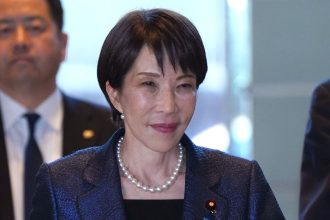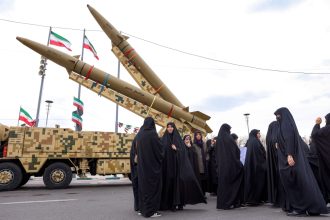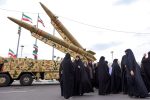In a candid and emotionally charged conversation on Fox News, US Vice President JD Vance expressed deep concern over the recent flare-up between nuclear-armed neighbours India and Pakistan. While urging both sides to pull back from the brink, Vance made it clear: this is not America’s war to fight.
“We want this thing to de-escalate as quickly as possible,” Vance said. “But the hard truth is, we can’t control these countries.” His remarks reflected both a sense of urgency and a sobering reminder of the limits of American influence when it comes to longstanding regional rivalries.
India and Pakistan are once again locked in a deadly exchange. Over the past two days, nearly four dozen people have lost their lives in cross-border violence that erupted after a horrific April 22 attack in Kashmir, where 26 lives were taken in a suspected militant strike. India blames Pakistan. Islamabad denies involvement and has called for an impartial investigation.
As drone attacks and threats of further retaliation dominate headlines, the fear of a wider, potentially catastrophic conflict looms large. “Our hope and our expectation is that this does not spiral into a broader regional war—or, God forbid, a nuclear conflict,” Vance added, visibly moved.
Despite longstanding ties with both nations—India as a key partner in countering China, and Pakistan as a legacy ally—the US is treading carefully. With America already stretched thin diplomatically in Ukraine and Gaza, it appears Washington may be taking a hands-off approach for now.
Still, diplomatic lines are open. Secretary of State Marco Rubio spoke with leaders from both India and Pakistan on Thursday, pressing them to talk directly and avoid escalation. President Donald Trump weighed in earlier this week, calling the back-and-forth violence “a shame” and urging both sides to stop before it’s too late.
While the U.S. isn’t stepping in militarily, the message is clear: the world is watching, hoping that common sense—and humanity—prevail.








